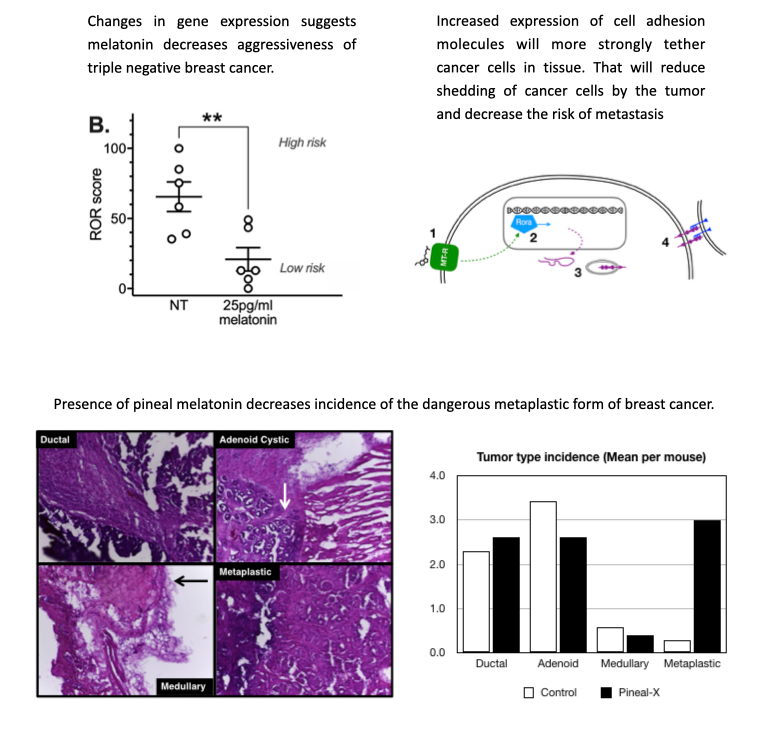
Stewart Thopmson Lab
The Thompson Lab studies how light regulates physiology and behavior, and the consequences of abnormal responses to light. Detection of light in the eye supports vision and regulates many important aspects of physiology and behavior, including the body clock, sleep and widely acting hormones such as pineal melatonin. Current projects are testing how suppression of melatonin hormone affects cancer and diabetes risk. Students in the Thompson lab use microscopy, molecular biology, surgical and behavioral methods to assess effects of melatonin on cultured cells, tissue, and live animals.
